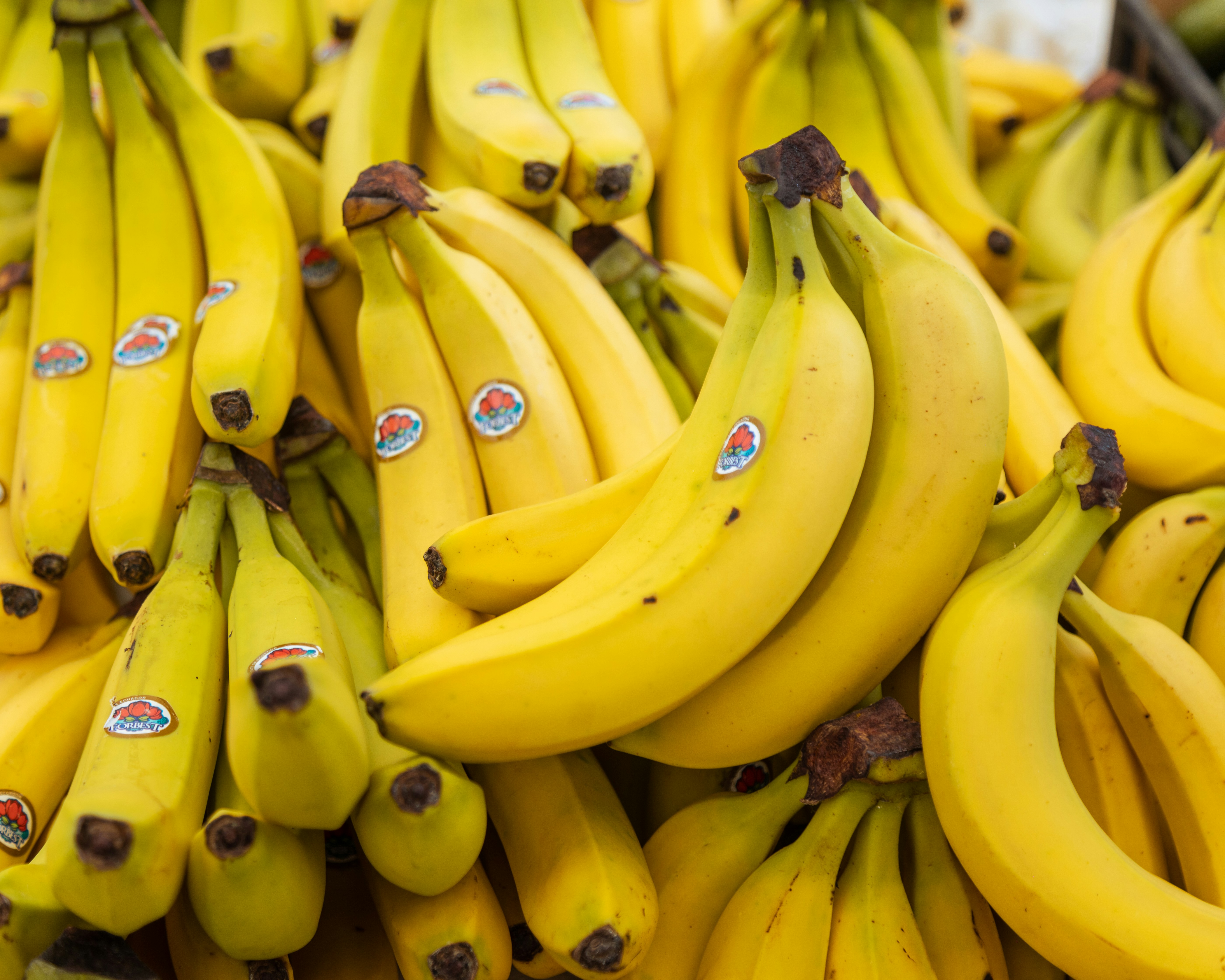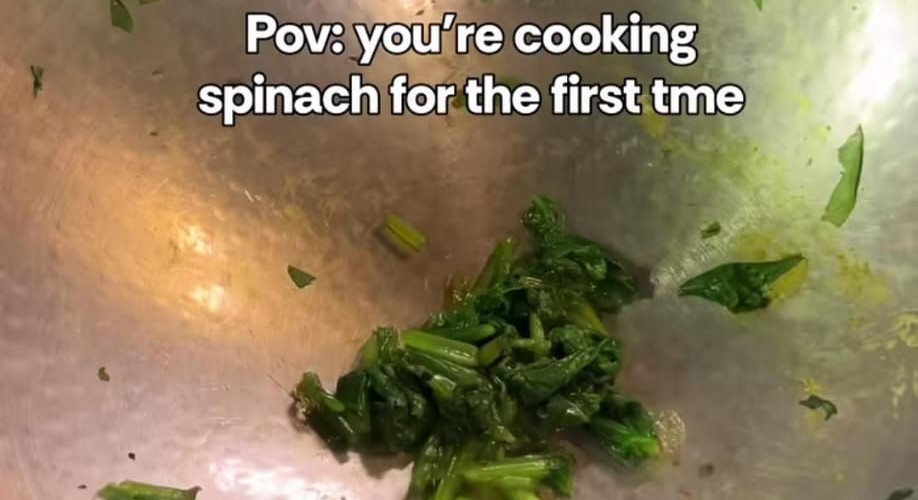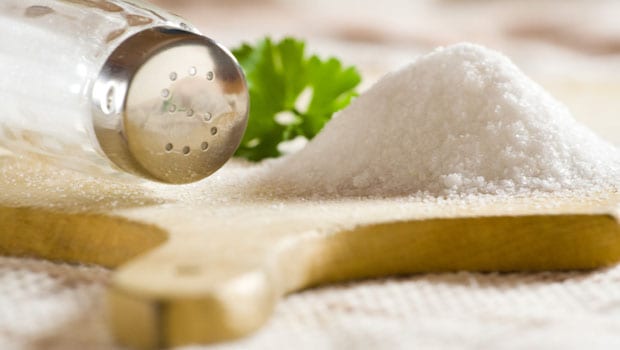How does uncooked salt affect our health?
According to Dietitian and Nutritionist Dr. Harjeet Kaur from Amandeep Hospital, "It is not about the salt or the form of it, it is about the dosage. In optimum amounts, salt is actually needed for the normal functioning of the body. However, excessive salt intake could lead to a risk of high blood pressure, osteoporosis, asthma, stomach cancer, and weight gain. High salt intake in the uncooked form has also been linked to heart diseases and kidney problems. It is believed to be especially harsh on both, the circulatory system and the nervous system. Additionally, it also causes an upheaval on the precariously balanced lymph system." It is said that it is extremely addictive and slowly your body starts craving it.
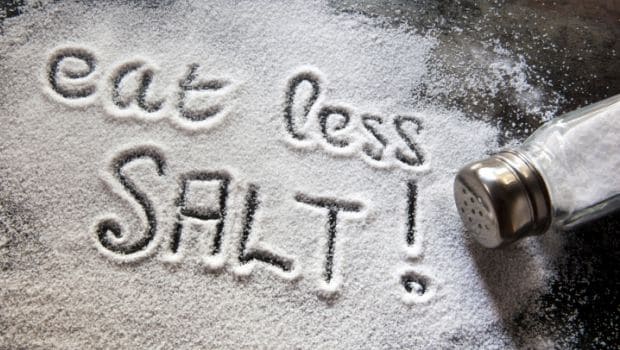 Salt is actually needed for the normal functioning of the body
Salt is actually needed for the normal functioning of the bodyOnce the salt is cooked, its iron structure changes and so it becomes easier for the body to absorb. In case of uncooked salt, the absorption is slightly slower, further causing high blood pressure or hypertension.
Why you shouldn't sprinkle salt on cooked food?
Generally, most of us add salt to the food when it tastes bland, but sprinkling uncooked salt may only invite health problems. The extra salt that you sprinkle on your food does not get easily absorbed by the body, further causing a spike in the systolic blood pressure levels. People with high blood pressure should avoid this practice.
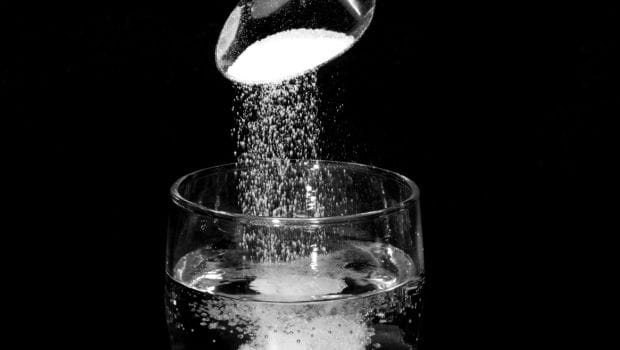 The extra salt that you sprinkle on your food does not get easily absorbed by the body
The extra salt that you sprinkle on your food does not get easily absorbed by the bodyDr. Harjeet shares, "For a healthy adult the daily consumption of salt should not exceed one to two grams per day and for children it should be even lesser. However, people who are suffering from high blood pressure or are going through dialysis or related disorders are advised to consume 250 milligrams per day."
It is also said that people with high blood pressure and other issues should switch to sendha namak or rock salt as it is not processed and makes for a healthier alternative as compared to the common salt. Make sure you do not sprinkle excess salt to add taste to your food, as it may only backfire and impact your health negatively.
